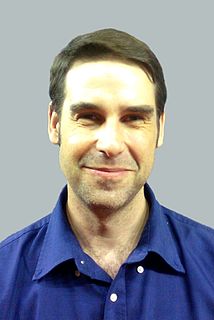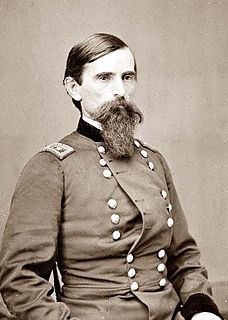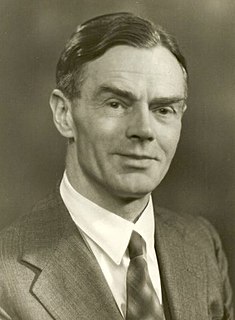A Quote by Mark Hopkins
Remove from the history of the past all those actions which have either sprung directly from the religious nature of man, or been modified by it, and you have the history of another world and of another race.
Related Quotes
No man will treat with indifference the principle of race. It is the key to history, and why history is often so confused is that it has been written by men who are ignorant of this principle and all the knowledge it involves. . . Language and religion do not make a race--there is only one thing which makes a race, and that is blood.
The nature of Christ is, I grant it, from one end to another, a web of mysteries; but this mysteriousness does not correspond to the difficulties which all existence contains. Let it be rejected, and the whole world is an enigma; let it be accepted, and we possess a wonderful explanation of the history of man.
We should emphasize not Negro History, but the Negro in history. What we need is not a history of selected races or nations, but the history of the world, void of national bias, race, hate, and religious prejudice. There should be no indulgence in undue eulogy of the Negro. The case of the Negro is well taken care of when it is shown how he has far influenced the development of civilization.
Tolerance is a good cornerstone on which to build human relationships. When one views the slaughter and suffering caused by religious intolerance throughout all the history of man and into modern times, one can see that intolerance is a very nonsurvival activity. Religious tolerance does not mean one cannot express his own beliefs. It does mean that seeking to undermine or attack the religious faith and beliefs of another has always been a short road to trouble .
History in Burckhardt's words is 'the record of what one age finds worthy of note in another.' The past is intelligible to us only in light of the present; and we can fully understand the present only in light of the past. To enable man to understand the society of the past and to increase his mastery over the society of the present is the dual function of history.
There is no law by which to determine the superiority of nations; hence the vanity of the claim, and the idleness of disputes about it. A people risen, run their race, and die either of themselves or at the hands of another, who, succeeding to their power, take possession of their place, and upon their monuments write new names; such is history.
Again, if the world is destroyed, it must needs either be destroyed according to nature or against nature. Against nature is impossible, for that which is against nature is not stronger than nature. If according to nature, there must be another nature which changes the nature of the world: which does not appear.
By contrast with history, evolution is an unconscious process. Another, and perhaps a better way of putting it would be to say that evolution is a natural process, history a human one.... Insofar as we treat man as a part of nature--for instance in a biological survey of evolution--we are precisely not treating him as a historical being. As a historically developing being, he is set over against nature, both as a knower and as a doer.



































